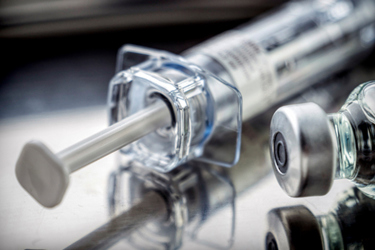Why Fill-Finish Strategy Can Make Or Break Your Drug Program
By Jesse Boyd, Chief Financial Officer, Afton Scientific

In sterile injectable drug development, fill-finish is a critical step where mistakes can jeopardize both sterility and approval timelines. Because sterility cannot be tested without destroying a dose, assurance relies on expertly designed processes, rigorous controls, and highly trained teams. For emerging biotechs, building in-house aseptic capacity is unrealistic, making early partnerships with experienced CDMOs essential. A proven CDMO brings not only capacity but also regulatory expertise, quality systems, and guidance through IND approval and beyond.
Global capacity constraints, highlighted by the COVID-19 pandemic and recent GLP-1 demand, further amplify the need for reliable outsourcing. Biologics and advanced therapies add complexity with diverse formats and specialized handling requirements, making dedicated sterile expertise indispensable. Selecting the right CDMO early reduces costly risks such as tech transfer delays, regulatory setbacks, and supply disruptions.
A strong CDMO partnership should go beyond transactional capacity. It requires transparency, high-level scientific engagement, and the ability to adapt as drug presentations evolve—from vials in early trials to syringes, autoinjectors, or on-body devices for commercialization. Each transition requires careful planning to avoid bottlenecks, and an adaptable CDMO ensures continuity across formats.
Afton Scientific exemplifies this model with a singular focus on sterile fill-finish, deep technical expertise, and strategic investment in flexible lines, digital systems, and transparency tools such as live remote viewing. By combining sterility assurance with scalability and client-centered service, Afton helps developers navigate shifting demand and regulatory complexity while protecting patients at every stage.
Get unlimited access to:
Enter your credentials below to log in. Not yet a member of Outsourced Pharma? Subscribe today.
